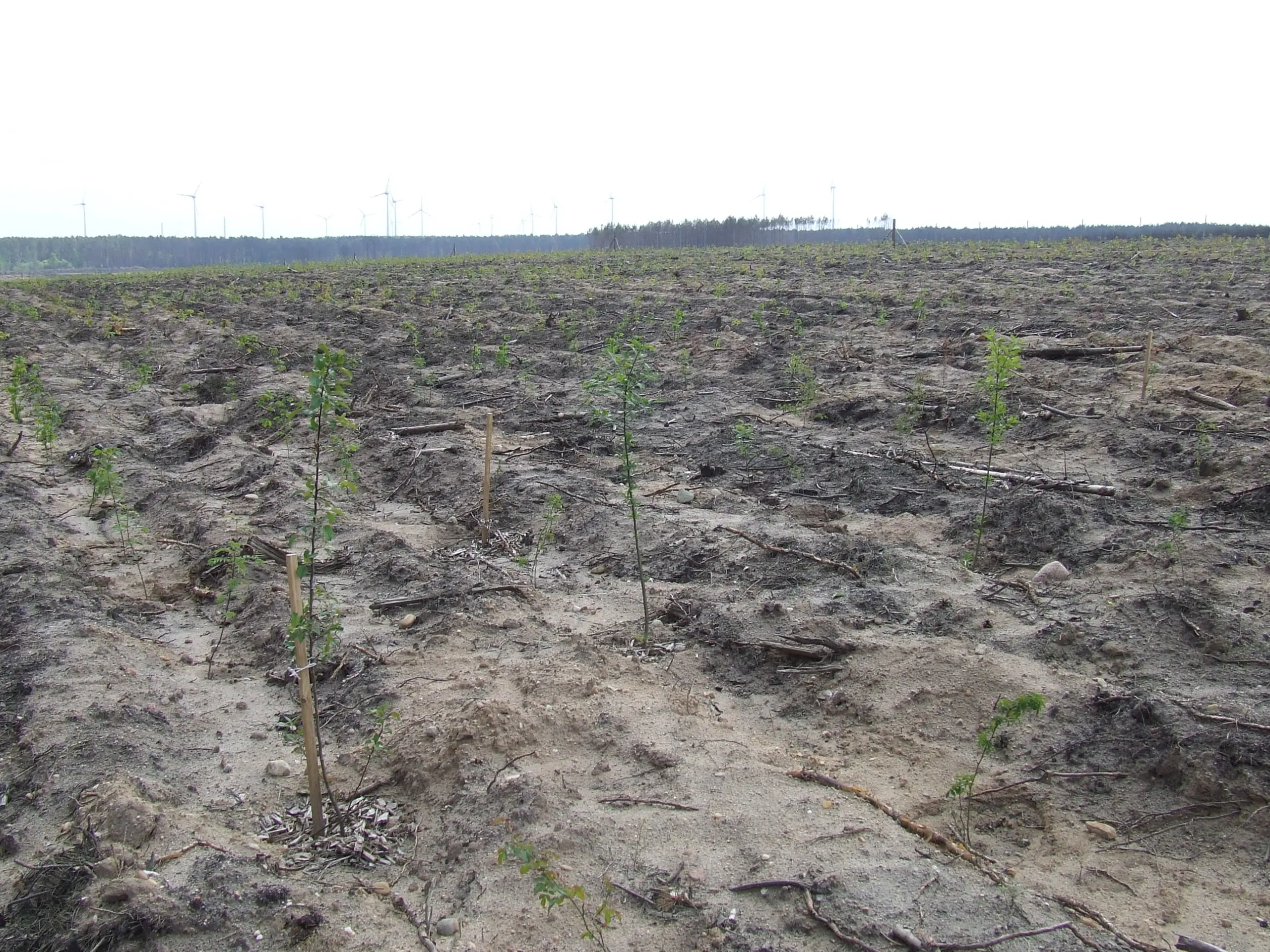21 March 2021 marks the International Day of Forests and is the first one celebrated in the UN Decade on Ecosystem Restoration (2021-2030). Despite the many commitments, global and regional programs, the Global Forest Resources Assessment, FRA 2020, reports that an estimated 420 million ha of forest have been lost worldwide through deforestation since 1990. More than two billion hectares of degraded areas worldwide need restoration, there is therefore, an urgent need to broaden the experience on climate adaptive forest restoration.
Recognising the risks and aiming to contribute to the global efforts, the new COST Action PEN-CAFoRR, Pan-European Network for Climate Adaptive Forest Restoration and Reforestation will respond to this challenge for the next four years. By boosting collaborations between researchers, this COST Action can contribute to tackling the issue of forest ecosystem restoration at multiple levels.
Climate change impacts are threatening the forests of Europe. The future forests should be more resilient. Hence, current forests are undergoing socio-ecological and socio-technical transformations such as conversion on monoculture to polyculture. Adaptive forest restoration and reforestation aim to increase future forests’ resilience and contribute to this transformation process.
Mixed plantation stone pine, retama and holm oak in abandoned cropland by Pedro Villar Salvador.
PEN-CAFoRR will focus on inter-and transdisciplinary research on enriching the technical know-how on forest restoration challenges for different forest ecosystems of Europe, boreal, hemi-boreal, temperate, and Mediterranean.
“Nature is dynamic and constantly changes. Some changes, driven by humans represent a threat to life on Earth. Ecosystem degradation is one of the major threats. There are many drivers of degradation and not all degraded sites are empty. Yet many sites are degraded by human activity and there are many opportunities for restoration. Thus, it is our obligation not only to restore degraded forests but to create the new forests resilient to the rapidly changing environment.” Says Vladan Ivetić, the Action Chair.
PEN-CAFoRR has established an interdisciplinary network of over 140 experts from 32 countries, involving 61 universities, institutes, and international organisations. To meet their objectives the network has set several working groups focusing on specific goals. First is to understand the heterogeneity in conceptual issues, terminologies, and policies in partner countries. The Action will then delve into the assessment of climate change impacts on forest structures and composition, and how those impacts can be mitigated by improving forest management guidelines, such as planting the right species and right place. The restoration and reforestation will increase the demand for seeds, seedlings, and saplings in Europe. Providing high-quality planting materials to foresters and forest owners is key to forest restoration’s success, which is the leading research focus of the third working group.
The silvicultural innovations in the area of regeneration and restoration are trivial for creating future forests that will have to deal with the uncertainty of climate change impacts and new diseases. Hence, a dedicated working group will focus on novel silvicultural techniques for forest restoration and planting for the future.
Restoration planting of mixed tree species at burned forest site in Treuenbrietzen, Brandenburg, Germany after the severe fire of 2018 by Uwe Honke.
Despite the COVID context impacting the whole research community, the network is highly active, currently working on nine ongoing research projects and activities.
“As we humans needs to adapt to the new reality caused by COVID-19, the new forests will need to adapt to the new environmental conditions, including weather extremes, forest fires, and pests’ outbreaks, as well as the new socio-economic demands. PEN-CAFoRR COST Action aims to facilitate the process by searching the applicable solutions and making them more available.” adds Vladan Ivetić, Chairing the Action.
Findings of the four years of this COST Action will not be enough to solve all problems of forest restoration. The network firmly believe that these four years of collaborative research will create socio-political and sociocultural movements among students, researchers, foresters, policy makers, and citizens to conserve and care for the deteriorating forests of Europe.
The PEN-CAFoRR COST Action will contribute to knowledge transfers to the stakeholders to realise implementation programs in different European countries and their diverse forest ecosystems.
All Action members call for everyone to become good stewards of our forests, “This is our motivation for the International Day of Forests.”


